FRIB Research Area
FRIB theorists collaborate across disciplines to predict and explain the behavior of rare isotopes, unraveling the structure, dynamics, and origins of subatomic matter and advancing our understanding of the universe itself.

FRIB theorists work with theoretical and experimental colleagues to understand and predict the structure, dynamics, and origins of subatomic matter in the universe, and to develop the workforce to serve the nation. Former students and postdocs have built successful careers at universities and national laboratories; in government and public policy; and in many fields of industry, finance, and emerging new technologies. Together with postdocs and students, FRIB theoretical nuclear scientists address questions at the forefront of nuclear science such as:
- How do protons and neutrons form nuclei and what are the limits of stability?
- How can we accurately predict complex nuclear reactions?
- How and where were the chemical elements formed in the universe?
- When and why do emergent collective phenomena appear in quantum many body systems?
- Which properties and symmetries of quantum chromodynamics are seen in nuclear systems?
- What are the phases of strongly interacting matter under extreme conditions?
- What new physics can be discovered using nuclei as sensitive probes?
Each year, the U.S. Department of Energy Office of Science selects approximately 200 standout publications—including those featuring FRIB research—as highlights, showcasing the nation’s most impactful scientific discoveries.
Solving quantum many-body problems with wavefunction matching.
Charge radii measurements of silicon isotopes test nuclear theories and guide descriptions of nuclear matter.
New calculations confirm recent experimental results on the transition between the alpha particle and its first excited state.
At FRIB, students receive hands-on training with world-leading experts on world-unique systems, gaining critical skills and real-world experience. This training prepares them for a variety of careers, contributing to a skilled workforce, lead in emerging industries, and drive national competitiveness.
Here is a sampling of the kind of roles former students and postdocs take:
Benjamin Hall earned his PhD in theoretical nuclear physics and computational math, science, and engineering from MSU in 2022. He was a student of Morten Hjorth-Jensen. He is currently a senior quantum software engineer at lnfleqtion.
Kevin Fossez was a postdoctoral research associate in theoretical nuclear physics at MSU from 2015 to 2017 with Witek Nazarewicz and from 2017 to 2019 with Heiko Hergert. He is now an assistant professor in nuclear theory at Florida State University.
Njema Frazier earned her PhD in theoretical nuclear physics from MSU in 1997. She was a student of Alex Brown, and she is currently a nuclear physicist at the National Nuclear Security Administration. She has won the DOD Joint Civilian Service Commendation Award and the award for Distinguished Service to the National Nuclear Security Administration.
Amy Lovell received her degrees in theoretical nuclear physics from MSU, with her M.S. in 2015 and her PhD in 2018. She was a student of Filomena Nunes. She is currently a staff scientist at Los Alamos National Laboratory.
Terri Poxon-Pearson earned a PhD in theoretical nuclear physics from MSU in 2020. She was advised by Filomena Nunes and is currently a physical scientist at the National Nuclear Security Administration.
Alexander Volya completed his PhD in theoretical nuclear physics at MSU in 2000. He was advised by Scott Pratt and also worked closely with Vladimir Zelevinsky. He is currently professor of physics in nuclear theory at Florida State University.
Simin Wang was a postdoctoral research associate in theoretical nuclear physics at MSU from 2015 to 2020. He was advised by Witek Nazarewicz. He is now a junior faculty member in nuclear theory at the Institute of Modern Physics in Fudan University.
Chunli Zhang received her PhD in theoretical nuclear physics from MSU in 2017. She was a student of Witek Nazarewicz. She is now a senior software engineer at Google.
Recognized globally
The theory faculty have won awards, honors, and fellowships for their research, teaching, and service to the university and nuclear physics. They have held positions of leadership in the nuclear science community and are engaged in shaping future research priorities.
The theory faculty collaborate with theoretical and experimental colleagues around the world.
Enhancing American competitiveness
Many of the theoretical tools and computational methods being used in nuclear theory at present were developed by FRIB theory faculty and their collaborators. Some examples include similarity renormalization group transformations, in-medium similarity renormalization group methods, high-fidelity nuclear density functionals, reaction theory codes, uncertainty quantification techniques, lattice effective field theory, and reduced order models. The theory faculty also perform research that frequently involves developing new theoretical and computational methods and taking advantage of advanced technologies such as high-performance computing, Bayesian statistical methods, emulators for scientific computing, machine learning, and quantum computing. Some examples include reduced-order scattering emulator (ROSE), emulators for nuclear dynamics, parametric matrix models, and the rodeo algorithm.
The FRIB Theory department strengthens the global theory community by hosting workshops, seminars, and collaborative programs that bring together leading researchers and emerging scholars. These events foster the exchange of cutting-edge ideas, spark new collaborations, and help shape the future direction of theoretical research.
Below are a few featured past conferences.
The Young Quantum Information Scientists Conference is an international meeting on quantum information that is aimed at graduate students and is organized by graduate students. In 2020, the conference has held at FRIB. Due to the pandemic, the conference was held online.
The FRIB Theory Alliance topical program on Optical Potentials in Nuclear Physics was held at FRIB in 2022. The goals of the program were to derive optical potentials from nuclear structure theory, assess the reliability and uncertainties of different approaches, and make recommendations for future directions.
The FRIB Theory Alliance summer school on Quantum Computing and Nuclear Few- and ManyBody Problems was held at FRIB in 2022. The summer school presented lectures, hands-on exercises, and practice sessions on how quantum computing algorithms can be used to solve nuclear few- and many-body problems.
Theory faculty, along with staff, postdocs, and graduate students, work in these research areas: Quantum chromodynamics, fundamental symmetries, physics beyond the Standard Model, nuclear forces, chiral symmetry, nuclear structure, nuclear reactions, nucleosynthesis, nuclear astrophysics, neutron stars, heavy ion collisions, strongly interacting matter under extreme conditions, and emergent phenomena and collective behavior.

Joined the laboratory in 2007

Joined the laboratory in 1982

Joined the laboratory in 2004
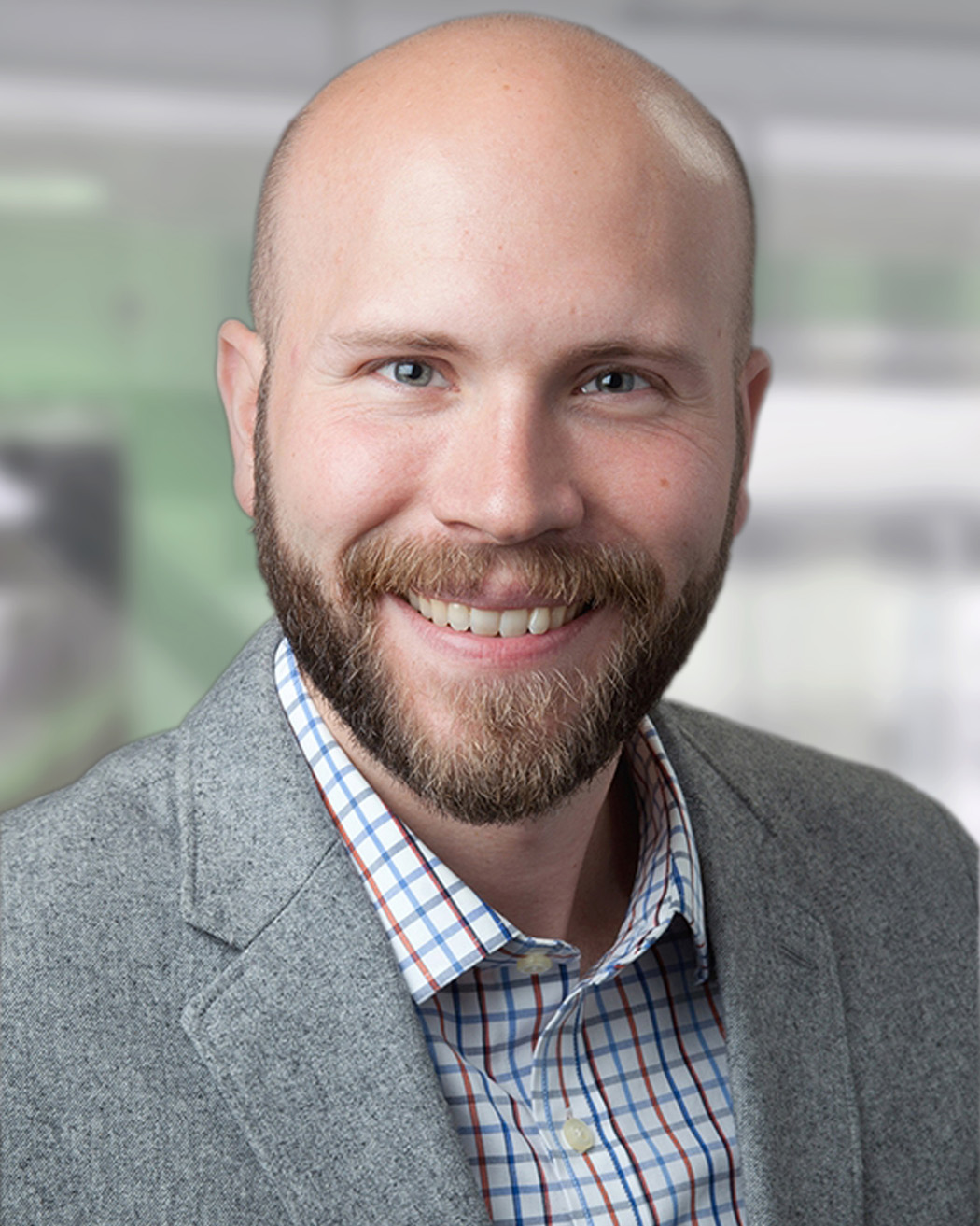
Joined the laboratory in 2015
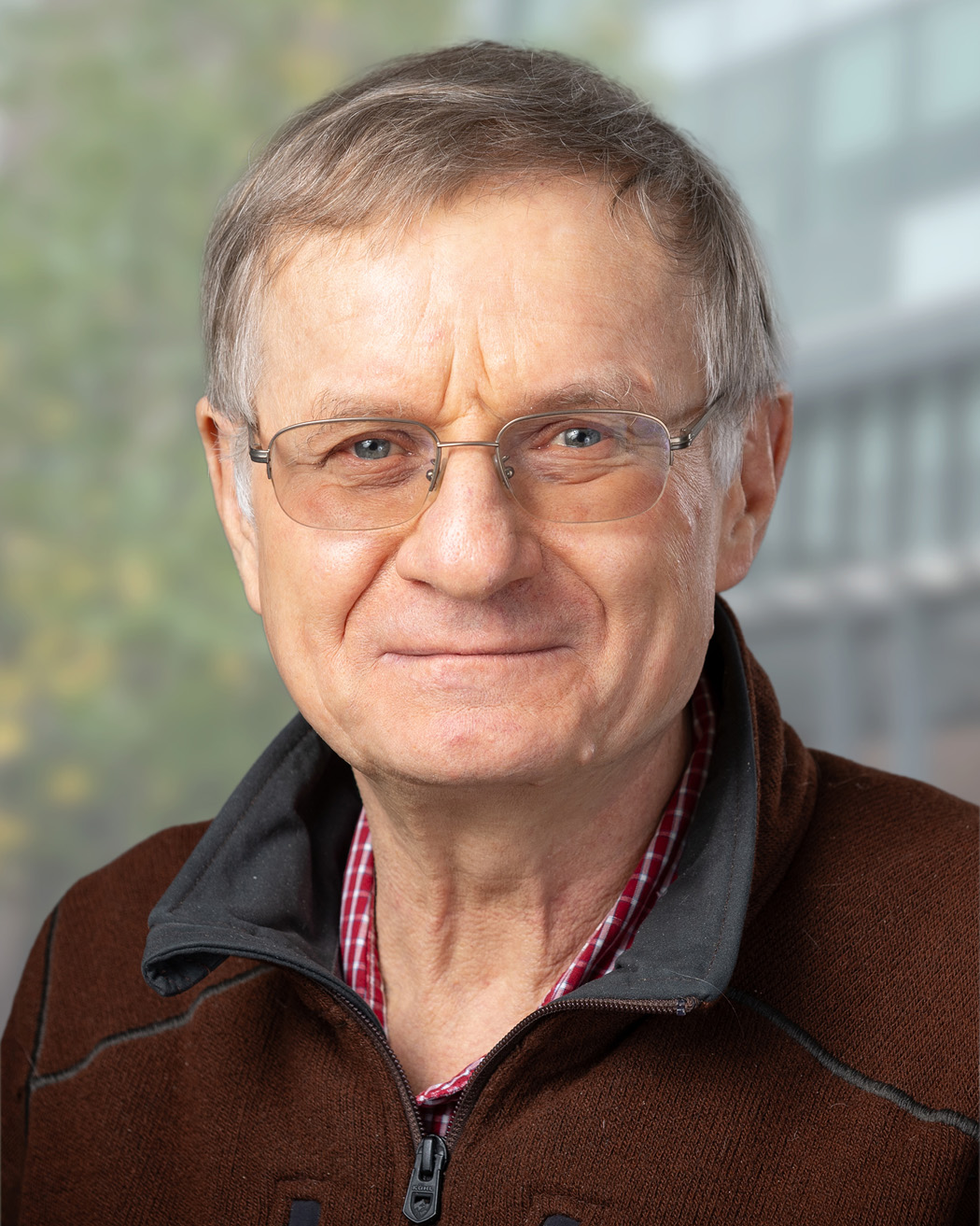
Joined the laboratory in 1988
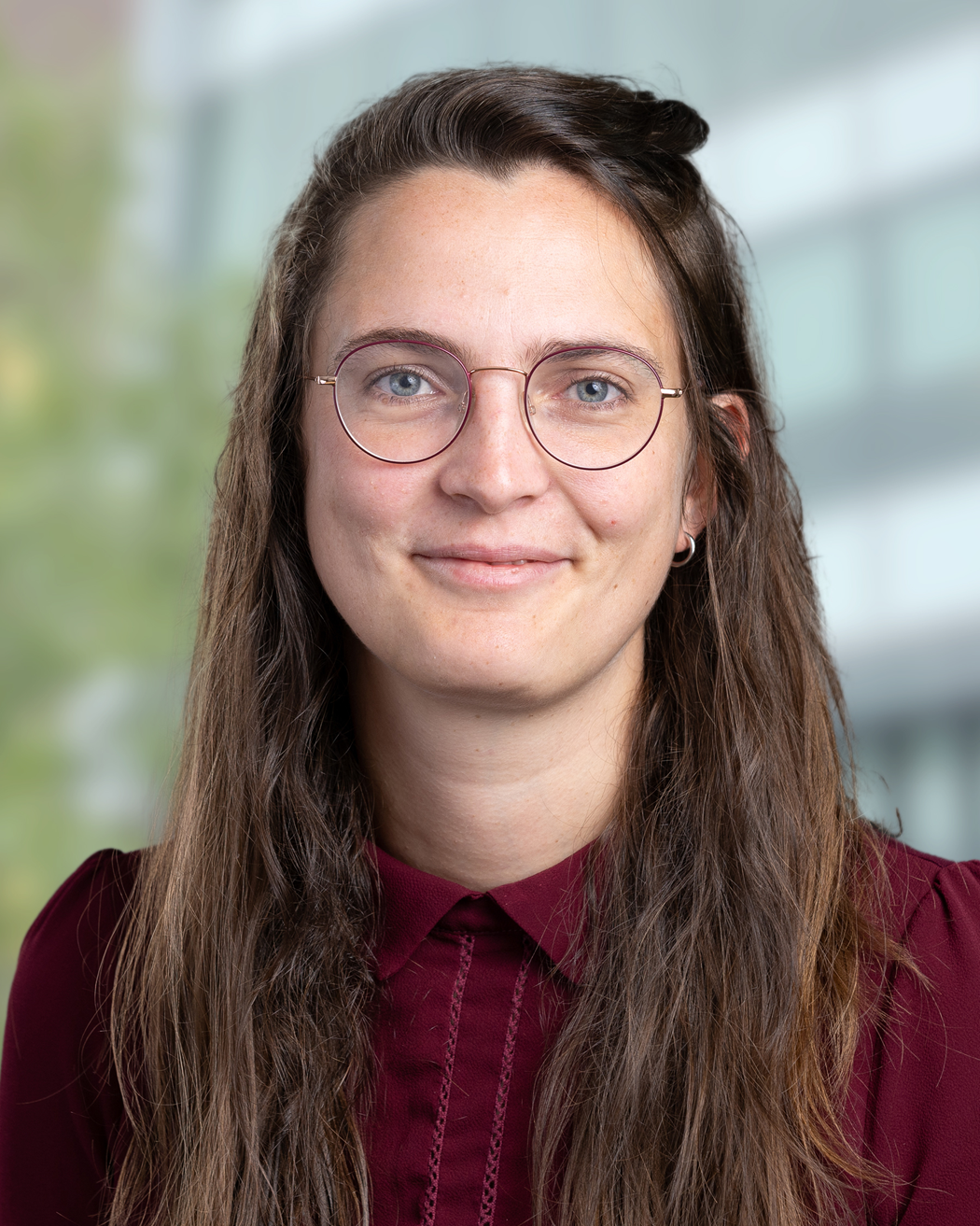
Joined the laboratory in 2020

Joined the laboratory in 2014
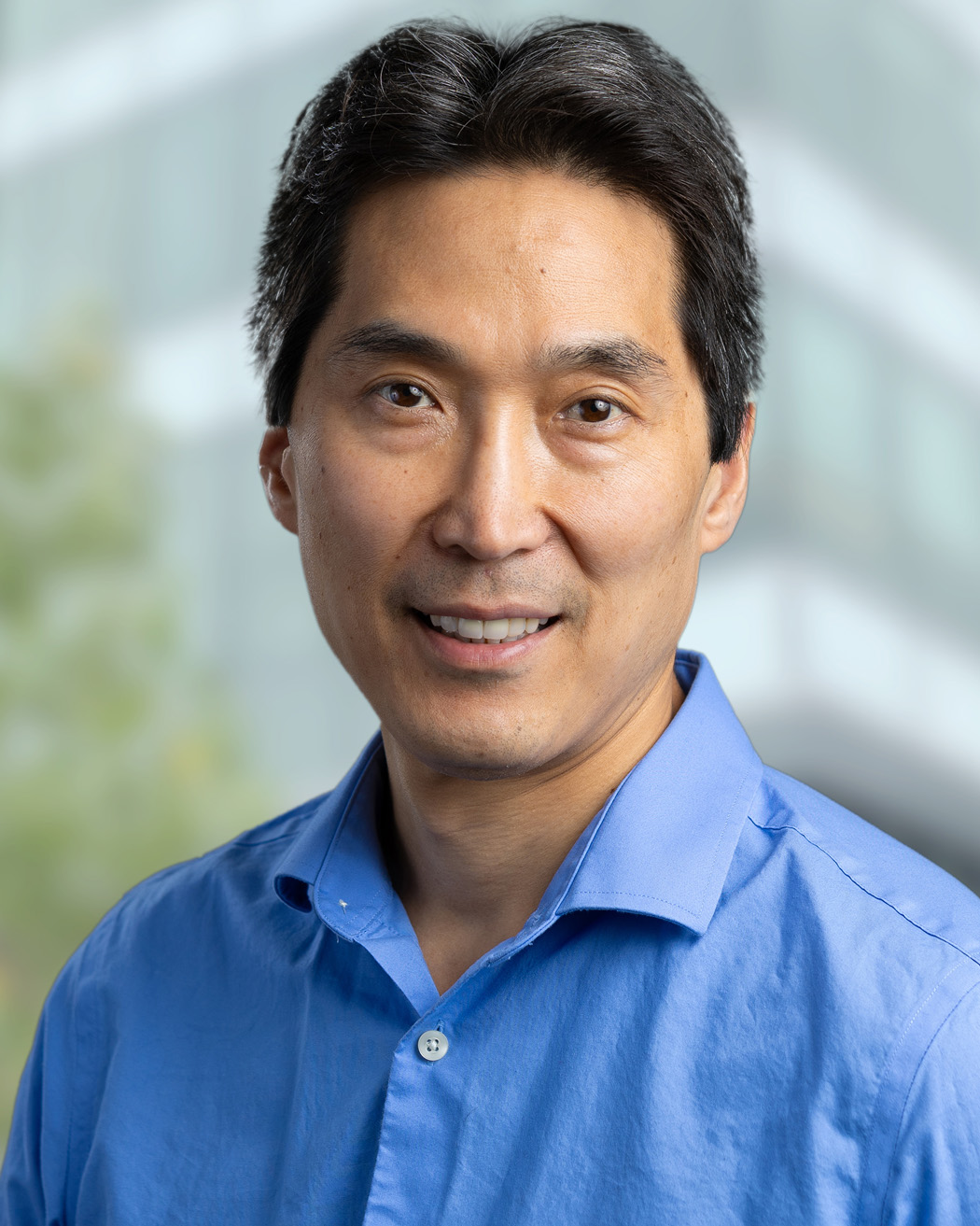
Joined the laboratory in 2017
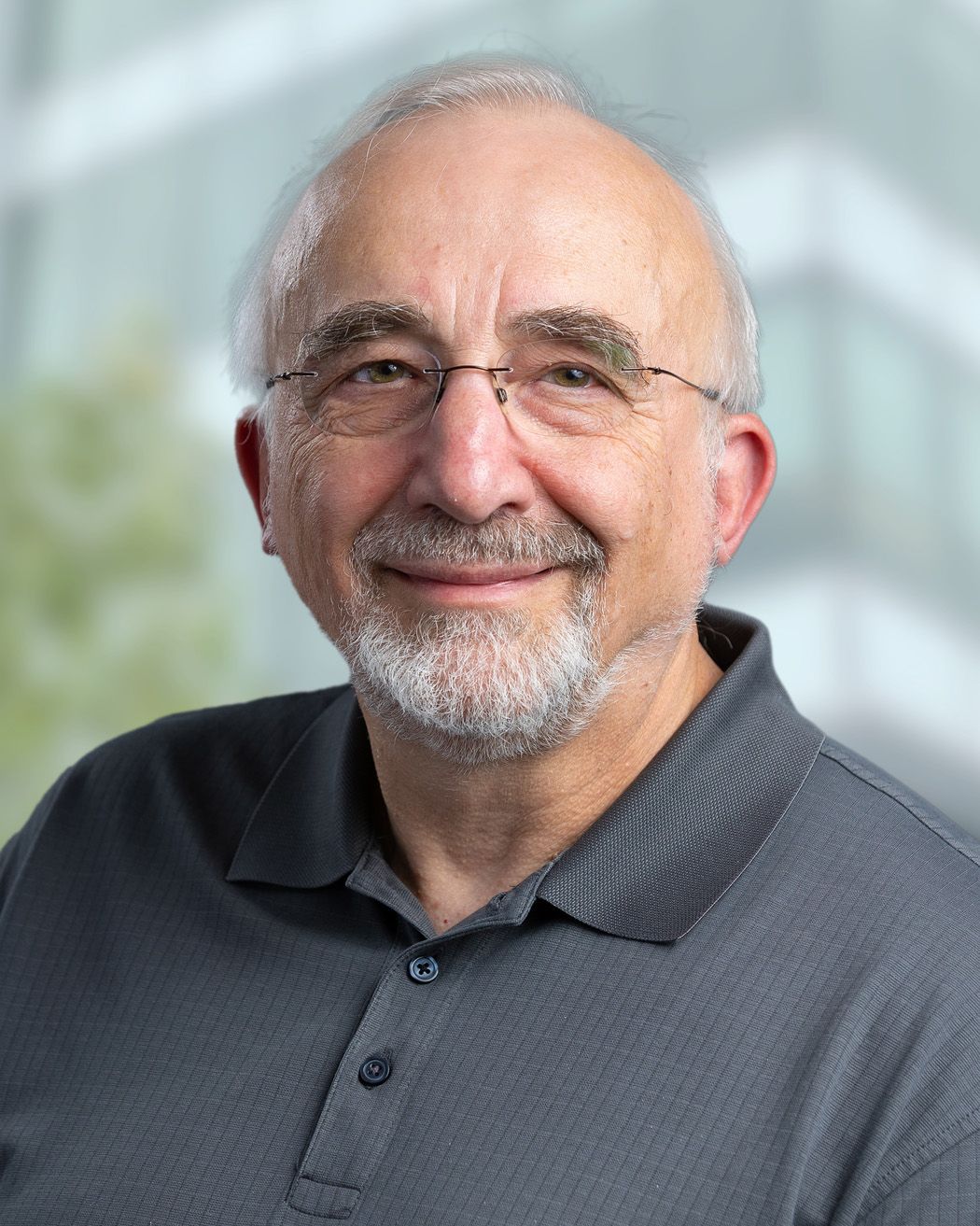
Joined the laboratory in 2014
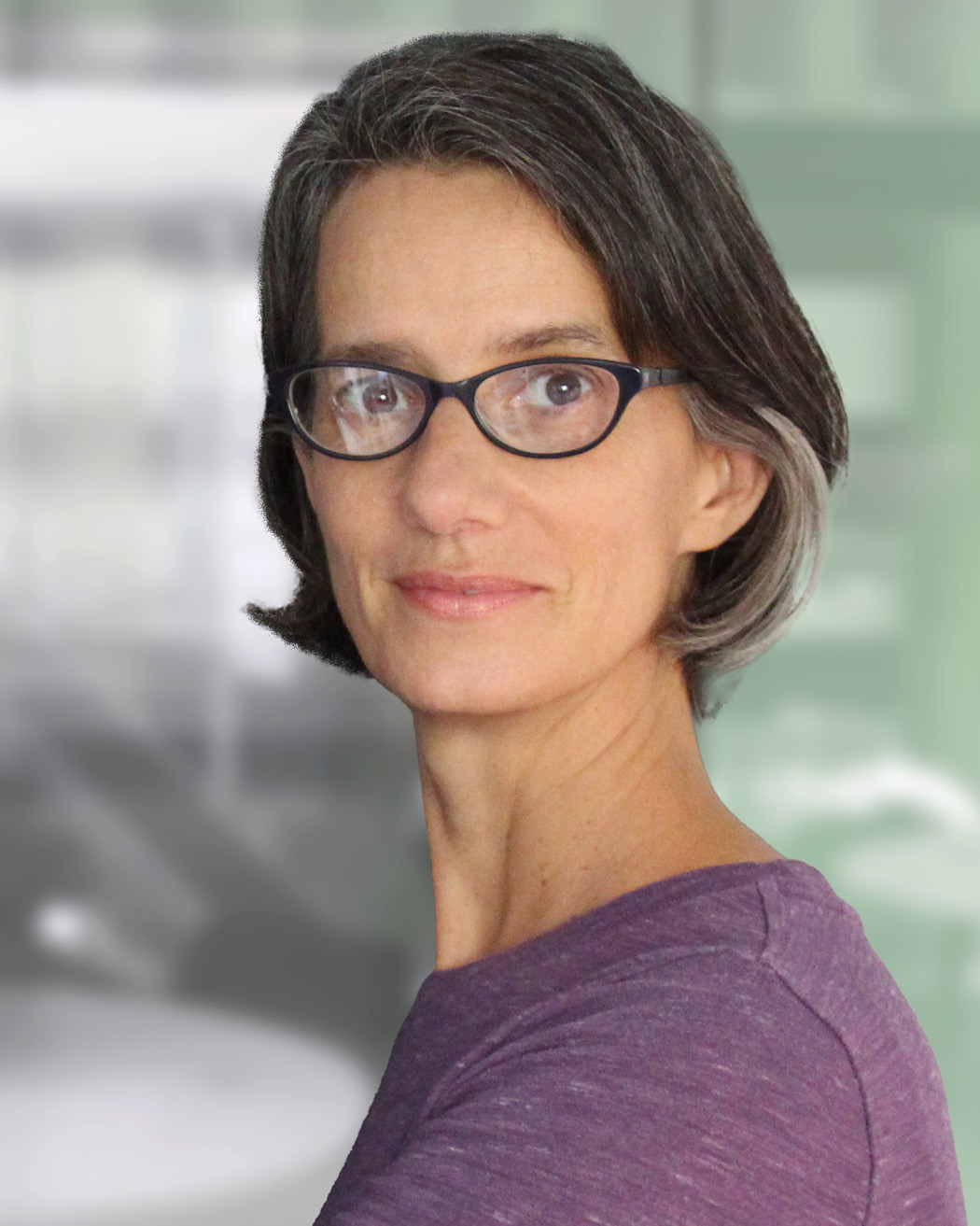
Joined the laboratory in 2003

Joined the laboratory in 2015

Joined the laboratory in 2024

Joined the laboratory in 1992
The lessons learned from ephemeral nuclei
doi: 10.1063/pt.yvjv.skzx
Ab Initio Uncertainty Quantification of Neutrinoless Double-Beta Decay in 76Ge
doi: 10.1103/PhysRevLett.132.182502
Dense nuclear matter equation of state from heavy-ion collisions
doi: 10.1016/j.ppnp.2023.104080
Smooth trends in fermium charge radii and the impact of shell effects
doi: 10.1038/s41586-024-08062-z
Wavefunction matching for solving quantum many-body problems
doi: 10.1038/s41586-024-07422-z
New Perspectives on Spectroscopic Factor Quenching from Reactions
doi: 10.1103/PhysRevLett.131.212503
Nuclear theory YouTube channel
FRIB Theory Alliance
The FRIB Theory Alliance (FRIB-TA) is a coalition of scientists from universities and national laboratories who seek to foster advancements in theory related to diverse areas of FRIB science.
The discovery of an isotope, rutherfordium-252, whose ground state forestalls fission for just 60 nanoseconds, could help theorists understand the cosmic synthesis of superheavy elements.
Success with a new route to producing superheavy elements paves the way to making the elusive element 120.
Researchers from the Chinese Academy of Sciences, the Large Heavy Ion National Accelerator in France, and FRIB have shown that theoretical descriptions of the first excited state of helium-4 are now consistent with experimental data.
In a recent Physical Review Letters paper (“Strong evidence for 9N and the limits of existence of atomic nuclei”), scientists from Washington University in St. Louis, Fudan University in China, Western Michigan University, the University of Connecticut, the Chinese Academy of Sciences, and FRIB present strong evidence for a new light isotope of nitrogen: nitrogen-9.
A deblurring technique pioneered in optics could correct for measurement-induced smearing of particle distributions in a high-energy nuclear collision experiment.

